We’ve been offline for a while now.
We spent the last few weeks on a wonderful 30th anniversary trip to our favorite Luxembourg spa, then wandering and wine-buying along the Mosel River. Unfortunately, neither area boasts reliable internet access—and then we bookended the trip with our rental car being towed (never ignore those little temporary signs, people) and twin surprise visits from the Wicked Witch of Covid (fortunately, just as were leaving for home).
So, if we’ve been remiss in keeping in touch, we apologize. And we offer this article as evidence that, no matter how good or bad the circumstances of our individual lives, there are always far, far more consequential events to think about.
When Ben was sixteen, his best friend Anthony, a talented Jewish guitarist from London who would one day jam with John Mayall, came to visit in Bruxelles. Ben's best friend in Bruxelles, Johnny, was the proud son of a US Army Colonel, then assigned to NATO and SHAEF. The combination of eccentric Jewish artiste and straight-laced, crew-cut Midwesterner couldn't have been more combustible, and they instantly despised each other. Mom told Ben to work it out and take them on a three-day bike ride around Belgium. At least that way, the bickering and snide comments could be kept to a minimum.
And so we set out southeast toward the glorious forests of the Ardennes Mountains. Two days later, when the foothills started to rise, we turned northward onto the flatter Flemish Plain. And that was where things went awry.
With no idea where we were and the weather steadily deteriorating, we crested a rise in the road and came to a moat and a barb-wire-topped wall that looked like the outer redoubt of a fort. When we circled to the front, the barb-wire gate hung half-open next to a striped guard shack and a sign in German forbidding entry.
Anthony must have sensed what was coming, because he lost patience and rode away. Ben and Johnny dropped their bikes and edged inside what was clearly a prison of some sort, entirely abandoned to the elements.
The bathrooms stank of mildew and ancient urine. The straw still leaked out of the bunk beds packed into the claustrophobic living quarters. The windows were blacked (or actually blued) out from wartime, so we couldn't see much of the barebones kitchen and commissary, but they were clearly not set up for a feast. Outside in the drizzle, a fragment of rope hung from what looked like a gibbet. Johnny found a few shell casings near three thick wooden stocks punched into the earth.
Little did we realize that we'd stumbled upon SS Konzentrationslager Breendonck, the only Nazi concentration camp built in occupied western Europe. The year was 1967, twenty-two years after the end of World War II, and the camp had been abandoned exactly the way it sat on the last day of the war.
Years later, in Jerusalem, we visited Yad Vashem, the Israeli memorial to the Shoah. The central feature of the museum was a huge, concrete map of Europe that showed the location of every major concentration and death camp. And there, on the map, in one of the few western communities that had supported the German invasion, sat Fort Breendonck.
Compared to the other camps, our version was small potatoes—less than 2,000 casualties—but it gave the lie to the notion that a tiny handful of SS had secretly committed all that mayhem without anyone anywhere noticing.
We have Jewish friends who, to this day, refuse to set foot in Germany or Poland. We have other Jewish friends (and family) who’ve felt obligated to visit the worst of them, Auschwitz-Birkenau in the Polish hamlet of Oświęcim, between Katowice and Kraków.
Memory is a very complicated thing, and you can't blame anyone for going or not going. We went to Auschwitz and, later, back to Breendonck. Both had been transformed into grim, government-sponsored shrines—although Breendonck had been cleaned up enough for the Belgian authorities to cart in busloads of schoolchildren.
One question that haunted us, especially in Auschwitz, was: How could the guides and maintenance staff stand to work there? How could they stand to live and breathe in the shadow of so vast a human catastrophe? For that matter, how could we stand to stroll along pathways once patrolled by grim-faced guards with German shepherds, where millions of mothers and children had walked so innocently to their fates?
Because you can read all the books and watch all the film in the world, but you'll never come to grips with the sight, the sound, and especially the smell, of such places.
Later on, we asked the same questions in the Munich suburb of Dachau. This was after we'd figured out that the shortest distance between heaven and hell had to be exactly 187 km (117 miles)—or the precise distance between the Dachau main gate and Adolf Hitler's chalet in the idyllic Obersalzburg paradise of Berchtesgaden.
Dachau wasn't just any old KZ-Lager. It was the first, the prototype, the training ground, and the mother ship, where policies and techniques were invented and hammered out before forwarding onto the distant points of the Nazi constellation. In pre-war Munich, a modest conurbation of 839,000, the Nazis and their faithful voters couldn't have missed the place—no matter what anyone would later claim.
After the war, the citizens of Dachau, both the half-innocent and the half-guilty, did their best to shut down the camp and wipe it off the face of the earth. Yes, they'd got the point, genocide was bad, but there was no benefit to dwelling on the past. In Flemish Belgium, the same sentiment met with derision from the mostly French survivors, and like so many controversies in that country, led to an interminable deadlock—and a trio of teenage tourists stumbling into an abandoned niche of hell.
Today, all over Europe, the sentiments have clearly changed. Older generations have died off, reducing the guilt to second-hand and much more manageable. Yes, there are skinheads and deniers, but those oddballs are taken no more seriously in Europe than they are anywhere else. Citizens—meaning Germans, Latvians, Poles, and Ukrainians—want to know what happened, even if nowadays, it sometimes seems like bad things were done by one set of ghosts to another. At least until you stumble along the train tracks to the main gate of Auschwitz, and it feels like it all happened yesterday.
We don't recommend that you travel to these places because you'll enjoy yourself. Not to sound too smug or self-righteous about it, but we recommend that you go there because you won't.



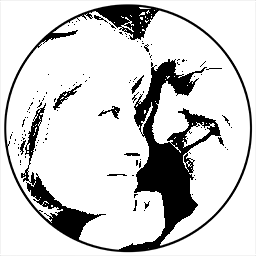
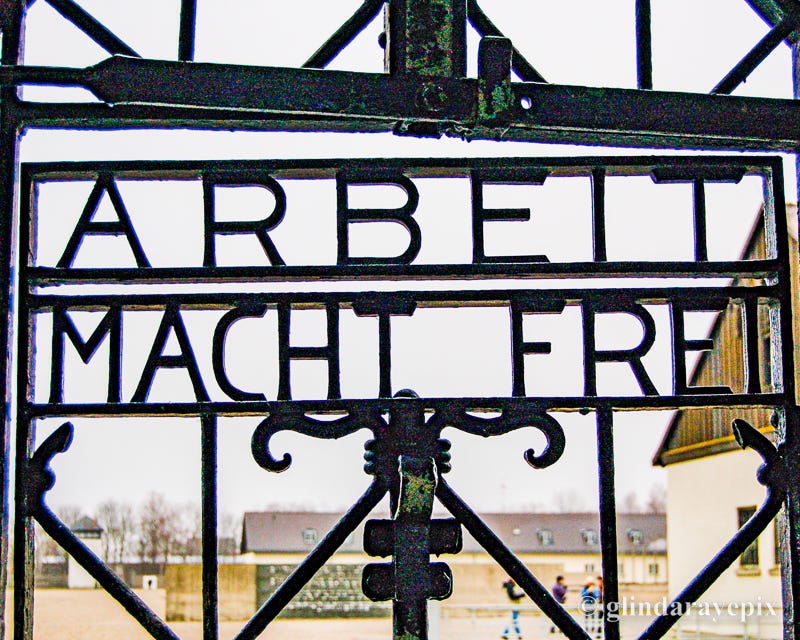
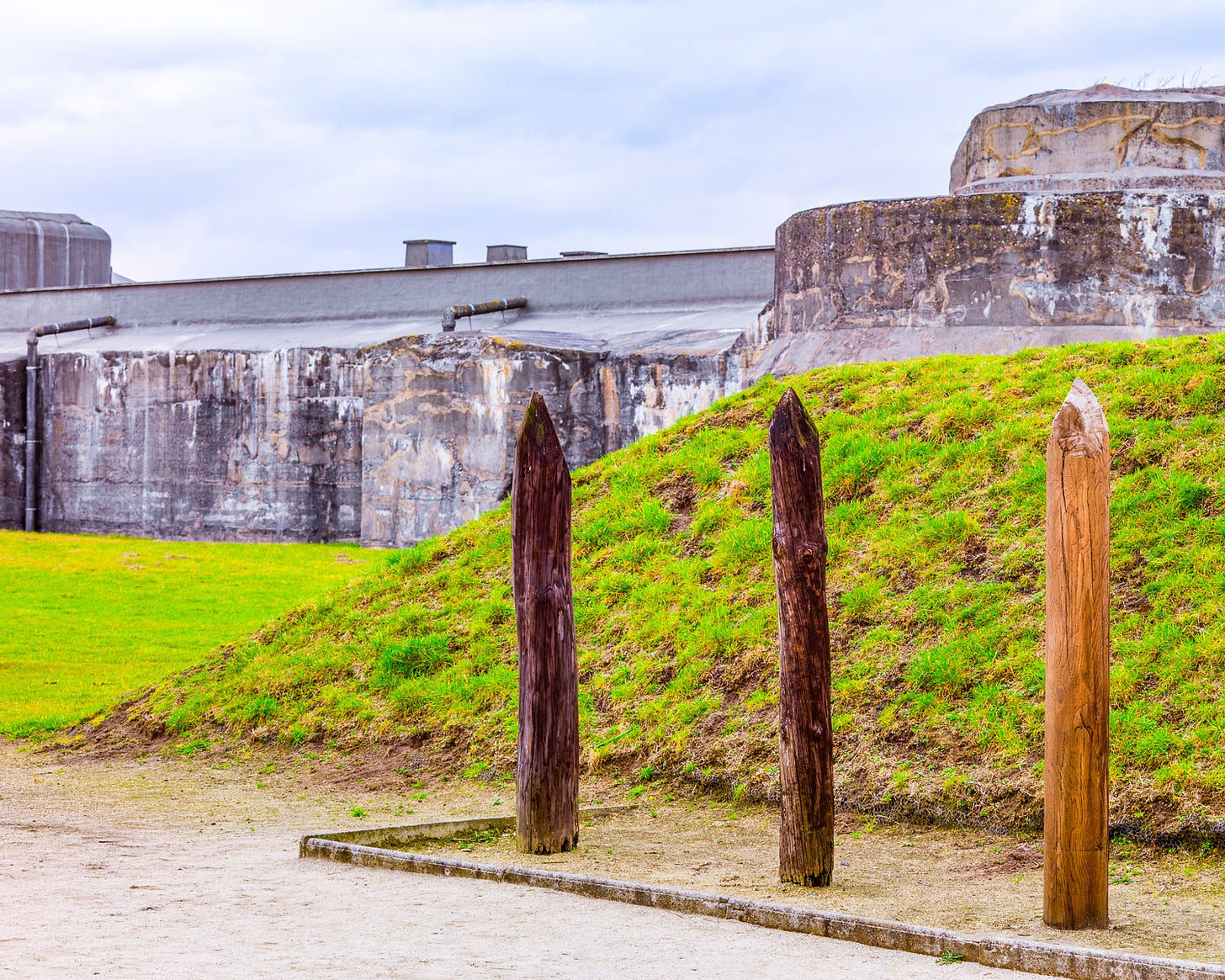
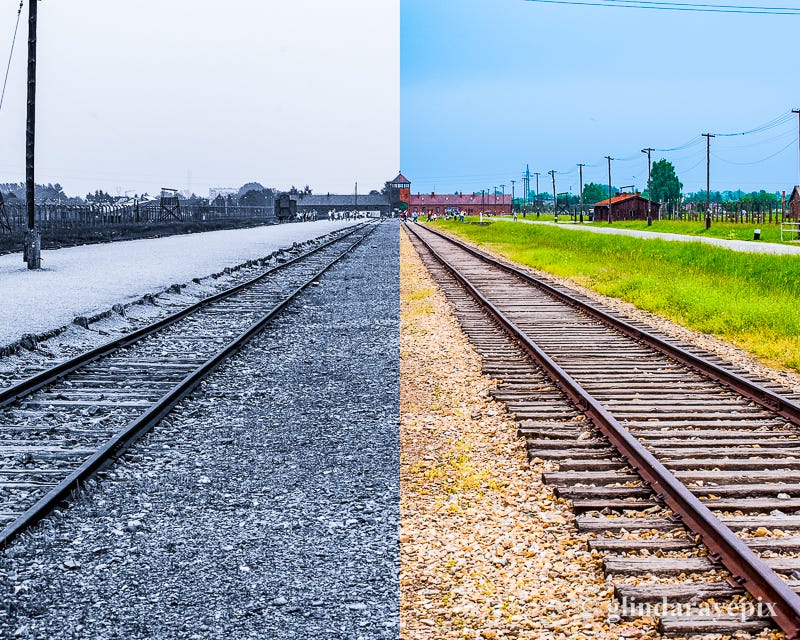
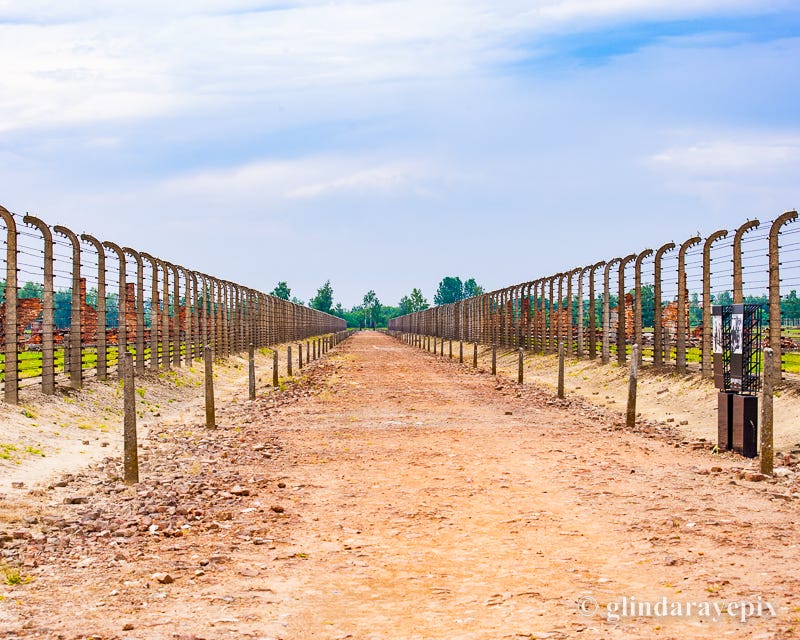
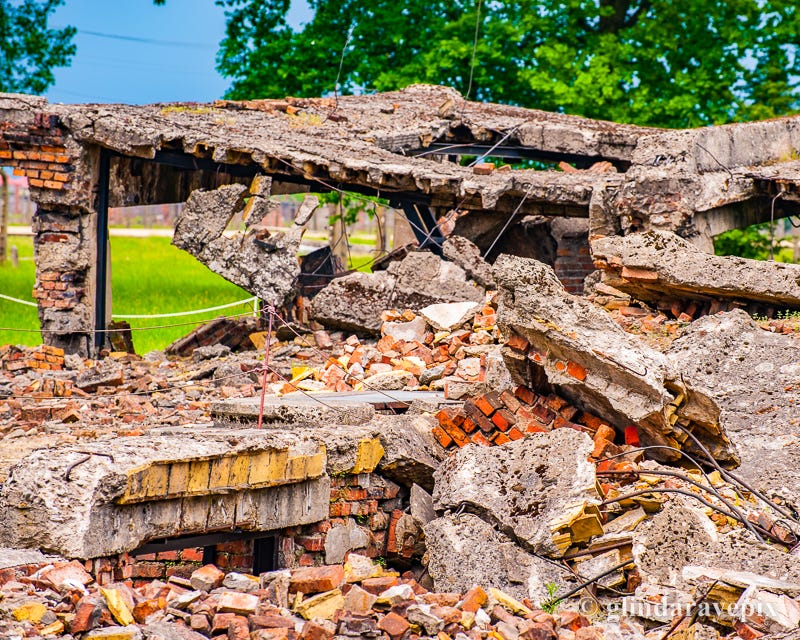
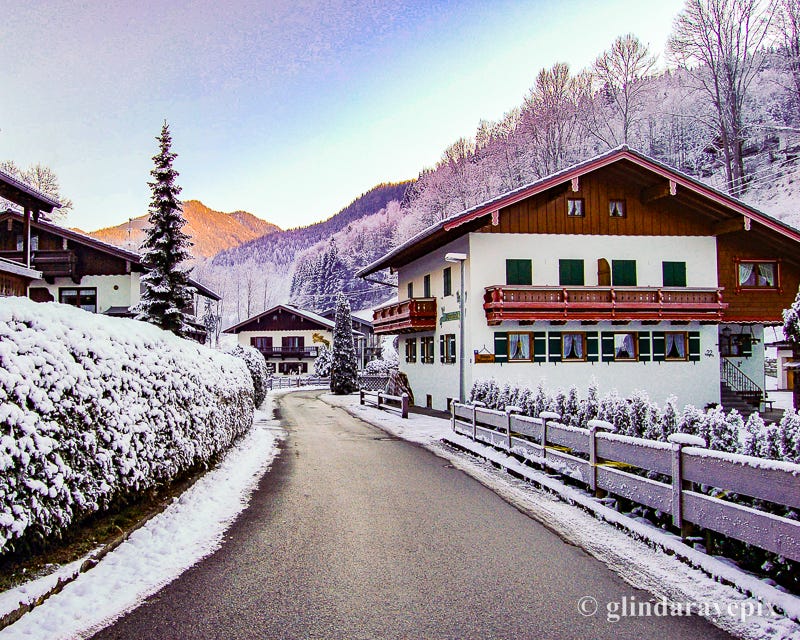
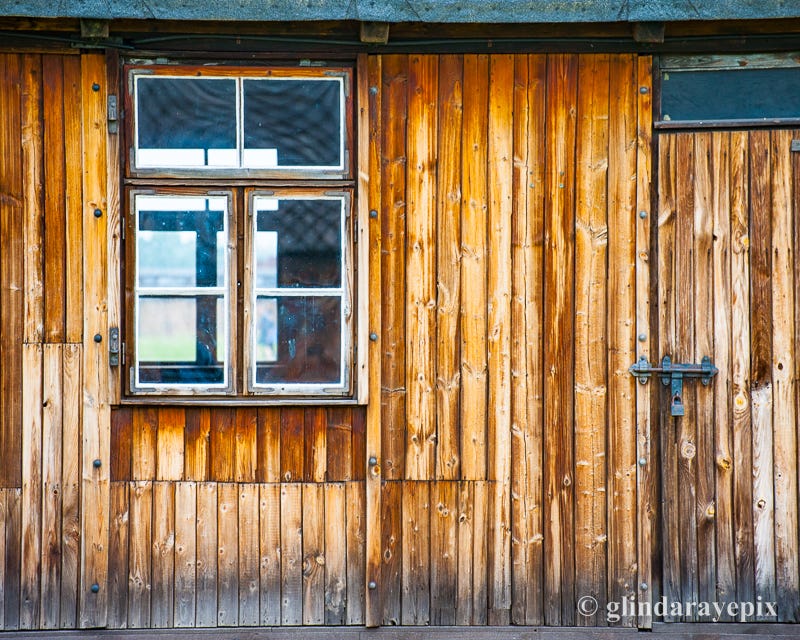
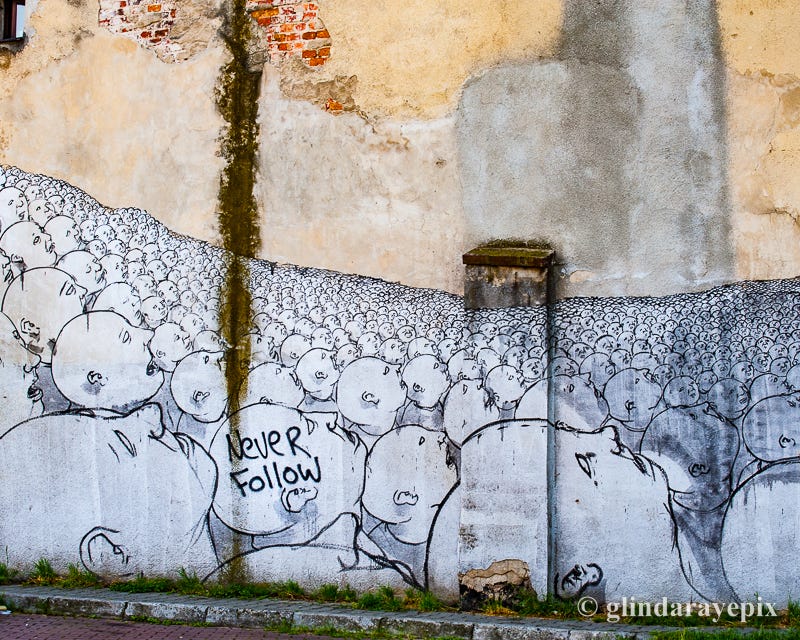
Fascinating and informative!
Ever since I was a young girl I've found WWII history fascinating. Perhaps because so many of my uncles fought during the war... But I tend to think its' because it offers up both the worst and best of humanity.
The photo you included of the past paired with the present is remarkable.